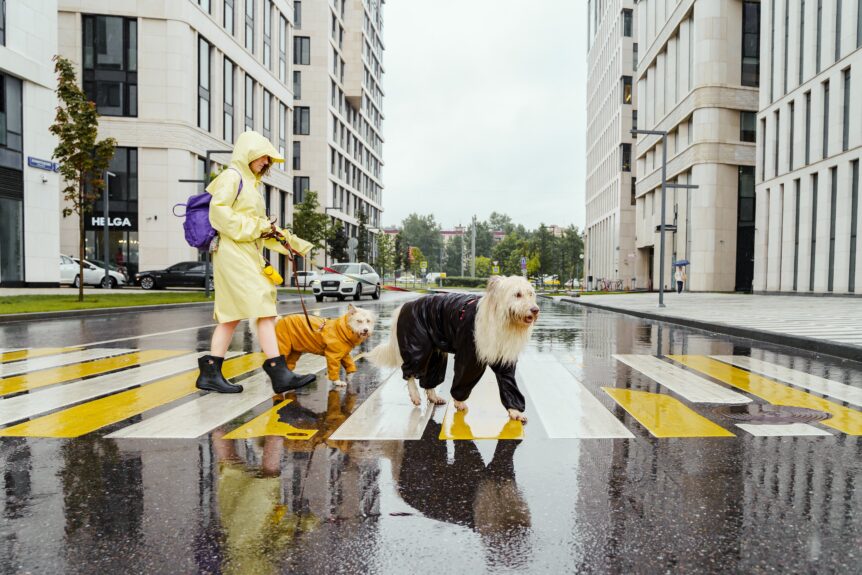Watch out; a hurricane is coming for your pets!
What is hurricane preparedness for pets? Hurricanes are terrifying–there’s nothing that makes the hair on the back of your neck stand up like seeing the news reporting the path of a hurricane coming straight for us. So keeping your pet carrier ready to go when needed can provide some peace of mind even if you’re just on standby during a storm. Whether you have farm animals or small, cuddly furballs at home, it’s always a good idea to make sure you have backup plans for when storms are at their worst.
We’ve compiled a list of our favorite hurricane prep tips for you and your furry friends!
What Is Hurricane Preparedness For Pets?
If you’re like most pet owners, you probably think of your furry friend as your best friend. But what if a hurricane hits your area? That’s why hurricane preparedness for pets is imperative for your pets and yourself.
Whether you plan on boarding your pet or taking them where you go, ensure that they are safe and in the care of someone reputable. There are limited options for shelters that allow animals during natural disasters, so ensure your pet has a place to stay before evacuating. Likewise, if you want to leave home, ensure your home is safe and check with the shelter to see if they have space for your animal while they are housed there.
5 Hurricane Preparedness for Pets
Here is a list of things you should do to prepare your pet for a hurricane:
1. Get your cat or dog some relaxing products
Animals can react to abrupt changes in the atmosphere during a climatic event. As a result, they may become stressed and try to run away or hurt themselves. Consider using calming hormones, anti-anxiety medications, or anti-anxiety clothing. Ask your vet if anxiolytic drugs could be helpful for pets who exhibit severe anxiety.
2. Create a ‘Pet Hurricane Kit’ with a week’s worth of these necessities:
- In extreme weather events, like hurricanes, canned food is recommended; it has higher water content and keeps your dog from becoming dehydrated. However, it is advised not to switch brands of pet foods during disasters.
- Fresh water
- Bowls for food/water
- Vaccine records and county tag
- Photo of the pet (in case they get lost)
- Leash
- Crate or cage
- Favorite blanket and a preferred toy
- Cleaning products for possible potty accidents
- Towel
- Bandage and gauze for a potential minor injury car
3. Microchip your pets for permanent identification
Pets can be a valuable part of your family, but if they get lost, stolen, or killed, it can be devastating. A microchip can provide permanent identification for your pet and make it easier to track them down if they are lost or stolen. Additionally, a collar with a name tag and phone number can help keep track of your pet if you are away from home.
4. Consult your veterinarian for a thorough examination
Older animals can have several medical issues that may go undetected during a regular check-up, so it’s essential to consult your veterinarian as soon as possible. If your pet needs to attend an emergency clinic in the days following the storm, request a copy of their medical records, so you have all the information you need.
5. Consider giving your pet a leptospirosis vaccination
Leptospirosis is a zoonotic infection that can be deadly to both people and pets. After a natural disaster, the prevalence of this illness rises, so it is important to take precautions to protect yourself and your pet. The best way to do this is by giving your pet a leptospirosis vaccination. This will help protect them from the disease if exposed to it.
Get Information About Hurricane Preparedness for Pets With RRBH Law
Hurricane preparedness for pets is an important topic to consider if you live in an area susceptible to hurricanes, like here in South Florida. RRBH Law provides information and advice on protecting yourself and your pets during a hurricane. If you have any questions or concerns, please don’t hesitate to contact us at 305-800-4663.

